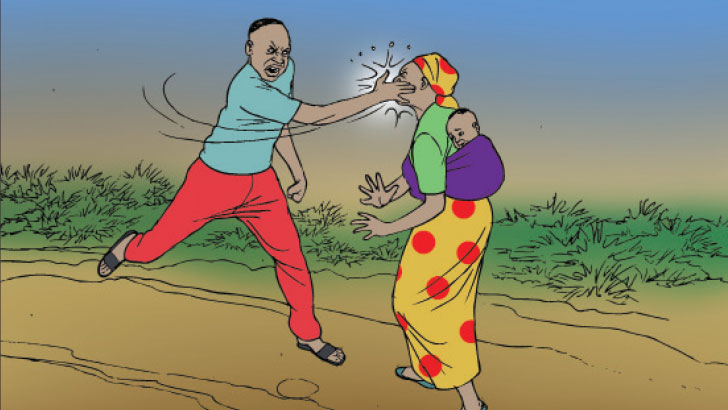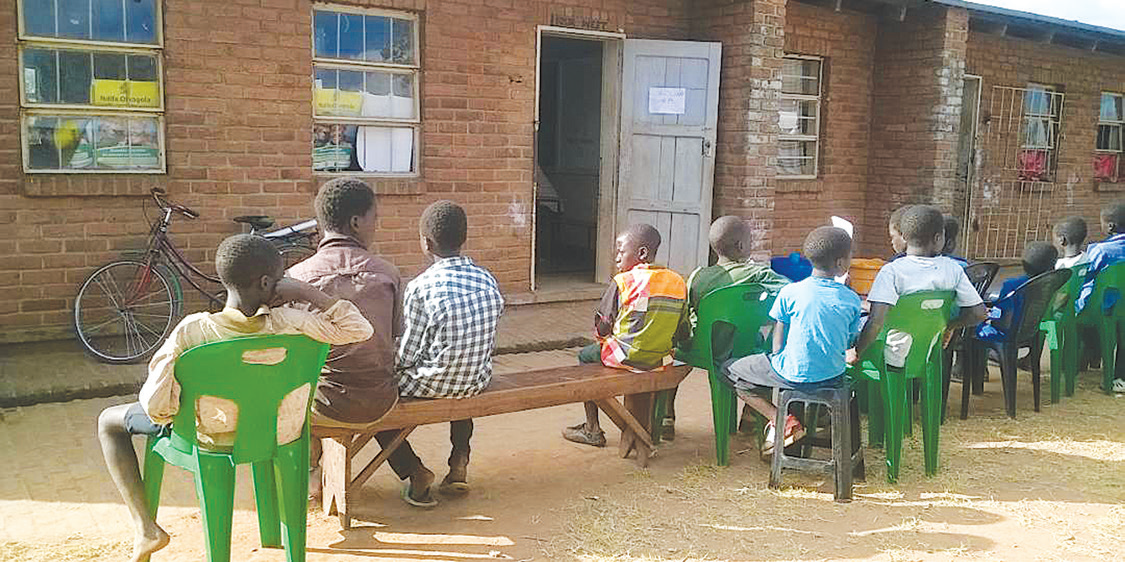CCJP moves to stop GBV cases in Dowa, Ntchisi
Dowa and Ntchisi districts continue recording unprecedented rise in cases of sexual and gender-based violence (SGBV) despite combined efforts by government and development partners to end the vice.
Officials from the Judiciary and the Malawi Police Service (MPS) made the revelation in Dowa on Wednesday during a day-long engagement the Catholic Commission for Justice and Peace (CCJP) held with magistrates and police officers from the two districts.
With funding from UN Women through Spotlight Initiative, CCJP Lilongwe is implementing a project designed to empower women and girls so that they can challenge drivers of violence against women and girls both in private and public spheres.
Hence, the engagement sought at finding a lasting solution to violence perpetrated against women and girls in the two districts.

Mkukula First Grade Magistrate Thomson Midiasi said although the courts have lately been handing out stiffer penalties on offenders, SGBV cases are steadily rising in Dowa.
“The courts are overwhelmed with backlogs of cases bordering on violence against women and girls. We need to come up with deliberate measures to dispose of these cases,” said Midiasi.
The magistrates and police prosecutors disclosed that mobility challenges is one of the factors delaying delivery of justice, as victims cannot walk long distances to the nearest court to testify in their cases.
They asked CCJP Lilongwe to facilitate the establishment of camp and mobile courts to address the problem.
CCJP Lilongwe Archdiocesan coordinator Enock Kamundi-Phiri emphasised that a functioning criminal justice system can play an important role in ensuring that victims of gender-based violence are able to access justice.
However, Phiri admitted that the system continues suffering inadequate resources, which is undermining its functioning.
“As such, we pledge to facilitate the establishment of the camp and mobile courts in the two districts since the ultimate goal of this intervention is to contribute towards significant empowerment of women and girls and creation of a violence-free environment,” he said.





